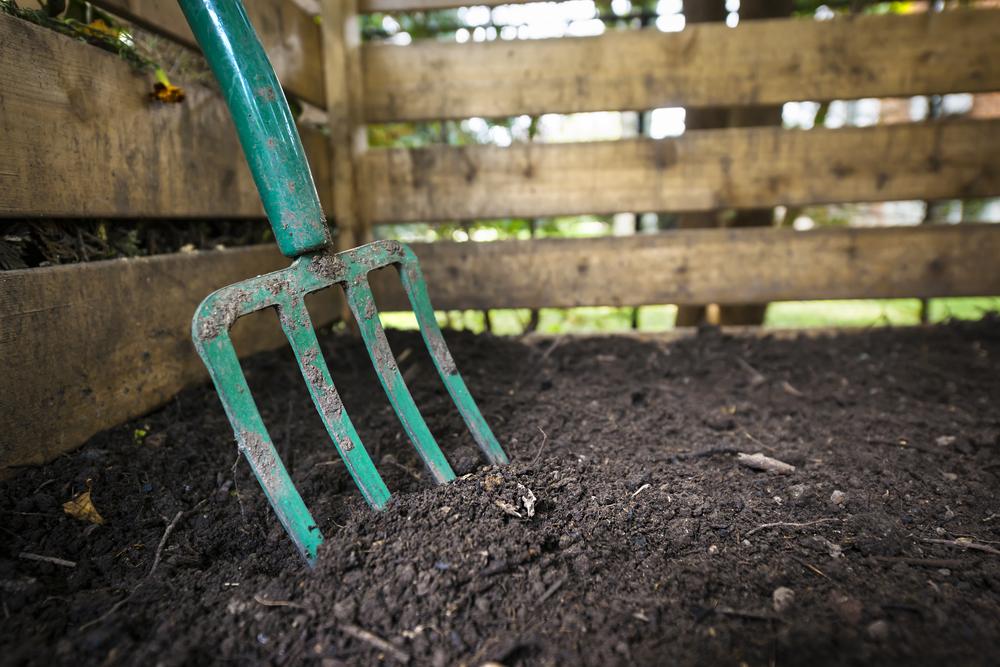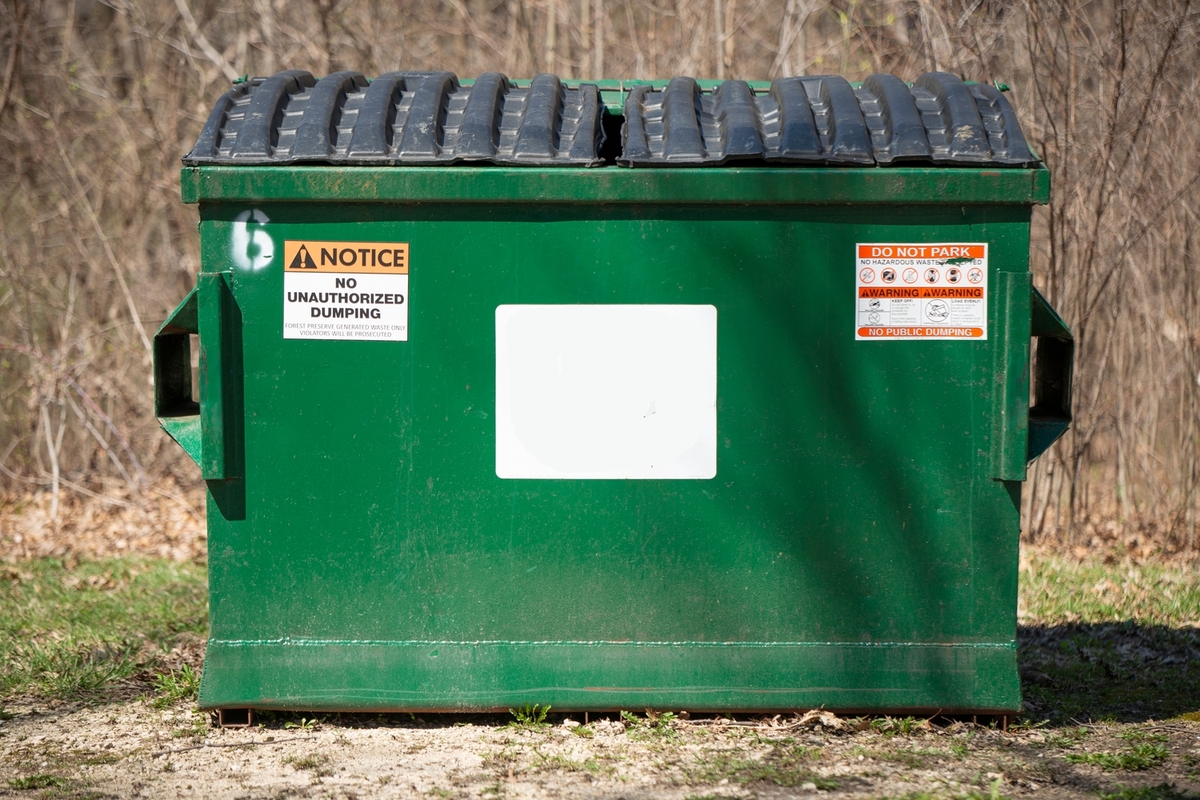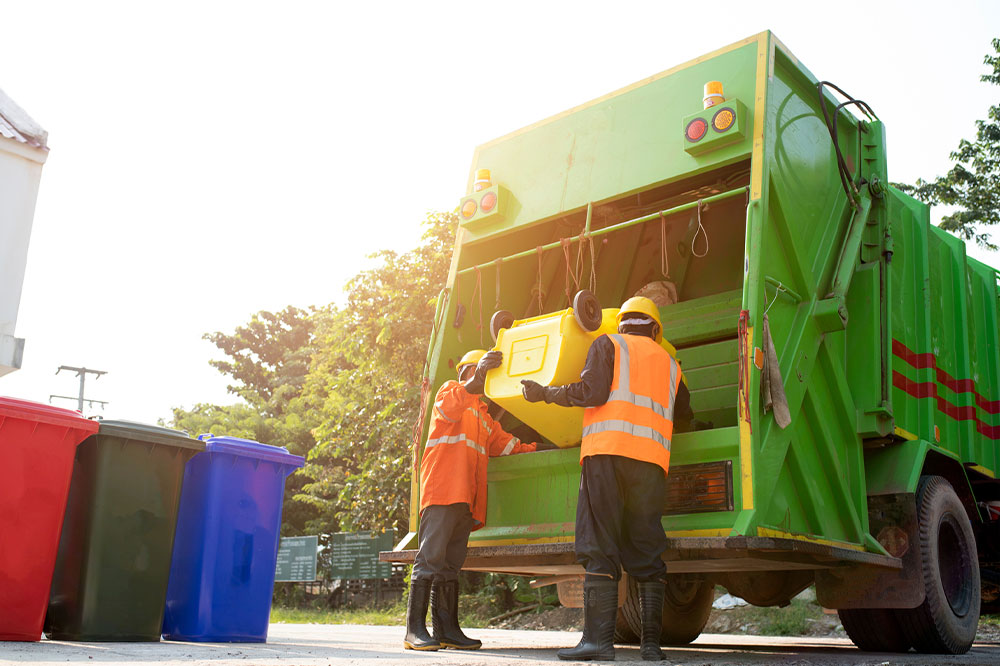Comprehensive Guide to Debris and Waste Disposal Services for Industry Professionals and Homeowners
This comprehensive guide offers valuable insights into debris and waste disposal services, highlighting differences between trash and debris, types of removal options, accepted items, environmental considerations, and cost factors. Whether for home renovations or commercial projects, understanding proper waste management is essential for safety and sustainability. The article provides practical advice on choosing truck hauling or dumpster rental services, ensuring efficient, eco-friendly disposal of bulky waste. Learn how to manage debris effectively and responsibly to maintain a clean environment and stay compliant with regulations.

Ultimate Guide to Managing Debris and Waste Disposal Efficiently
Many people often confuse general trash with debris, but understanding the fundamental differences between these two types of waste is essential for choosing the right disposal methods. Proper waste management not only keeps your environment clean but also contributes significantly to environmental sustainability. Whether you're undertaking a home renovation, landscaping project, or managing commercial cleanup, knowing how to handle debris and waste appropriately can save you time, money, and potential legal issues.
Understanding the Difference: Trash Versus Debris
Trash typically refers to everyday household waste such as food wrappers, paper, clothing, and small disposables. These items are lightweight, manageable, and can usually be disposed of through standard municipal trash collection services. They are generally compactable and fit into regular trash bags or bins, making their disposal straightforward.
On the other hand, debris encompasses larger, heavier, and more cumbersome waste materials. It often arises from construction sites, remodeling projects, landscaping, or clearance activities. Debris can include concrete, bricks, lumber, large furniture pieces, appliances, and yard waste. Due to its size and weight, debris cannot be conveniently managed using standard trash collection methods. This necessitates specialized removal services tailored to handle bulky waste efficiently.
The Role of Debris and Waste Removal Services
Professional debris and waste removal services are designed to assist homeowners, businesses, and contractors in clearing heavy and large waste items safely and responsibly. These services are essential during large projects like home renovations, demolitions, yard cleanups, or commercial cleanouts. Engaging these services ensures that debris is handled efficiently, safely, and in accordance with local environmental regulations.
When you lack the resources, time, or equipment to remove large waste, hiring a reputable waste removal company is an excellent solution. They assess your disposal needs, provide estimates, and schedule pickups conveniently to fit your project timeline. Reliable waste removal not only saves you physical effort but also mitigates risks associated with improper disposal, such as environmental pollution or legal penalties.
Types of Waste Disposal Services for Different Needs
Choosing the right service depends on your specific requirements, the volume of waste, and your budget. The two primary methods are truck hauling and dumpster rental, each suited to different scenarios.
Truck Hauling Services
This option involves hiring professionals equipped with trucks and necessary lifting tools to load and haul away waste directly from your property. It’s ideal for small to medium cleanouts, where you can direct the workers to load debris onto their trucks. The convenience of this method lies in its minimal effort on your part; professionals handle all lifting, loading, and transportation, which makes it suitable for urgent cleanouts or inaccessible locations.
Dumpster Rental Services
Renting a dumpster provides more flexibility, especially for ongoing projects or large cleanups. You select the size of the dumpster—ranging from small containers to large roll-offs—and place it on your property. Fill it at your own pace, then contact the rental company when it’s ready for pickup. Most rentals last about a week, but extensions are available for an additional fee. Be mindful of restrictions on certain materials, such as concrete or hazardous waste, and watch for overage charges if the weight exceeds the limit.
Commonly Accepted Items for Waste Removal
The following materials are usually accepted by professional waste removal services:
Couches, sofas, and mattresses
Major appliances like refrigerators, washers, dryers
Fitness and exercise equipment
Electronics including TVs, computers, printers
Tools, garden equipment, and household trash
Playground structures, yard debris, storage boxes, hot tubs, clothing
Items Typically Not Accepted
Pesticides, herbicides, and fertilizers
Household chemicals like cleaners, fuels, and solvents
Light bulbs, pharmaceuticals, and medical waste
Flammable items such as fireworks, gasoline, and candles
Hazardous waste materials like asbestos, open paint cans, and radioactive substances
Environmental Considerations and Disposal Methods
Leading waste disposal companies prioritize environmentally responsible practices. Many evaluate and sort materials to maximize recycling, donation, or proper disposal. Proper management of waste reduces landfill overflow, conserves natural resources, and diminishes pollution. When selecting a service provider, inquire about their eco-friendly policies and certifications to ensure your waste is handled sustainably.
Cost Factors in Waste and Debris Disposal
The costs of debris removal vary depending on the volume, weight, and type of waste, as well as the chosen disposal method. On average, debris removal costs approximately $225 per project. Smaller loads of junk tend to start around $100, while full truckloads can reach $600 or more. Dumpster rental prices typically range from $100 to $350 per week for small bins and can escalate to $850 or higher for large roll-off containers. Additional fees may apply for special or hazardous materials, overweight loads, or extended rental periods.
To ensure affordability and quality, research local providers, read customer reviews, and prioritize licensed, experienced companies. Proper planning and transparent pricing help avoid unexpected costs and streamline waste removal processes.




